

Section 10.1.What should we do?
In the unlikely event of a nuclear emergency in Daya Bay, you should:
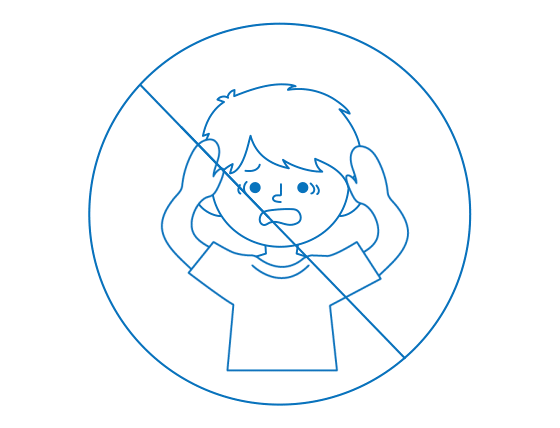
1. Don't panic. Act in a calm and rational manner. Often in emergency, the effect of panicking is worse than the emergency itself
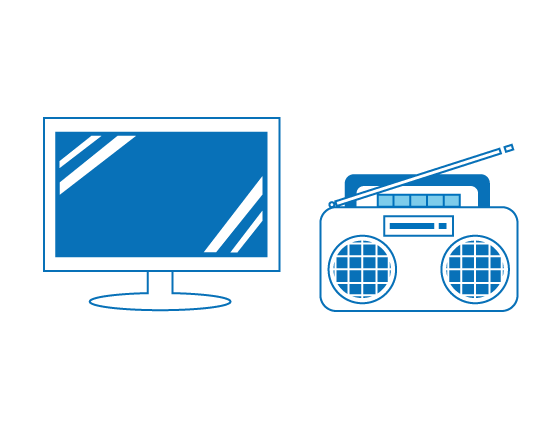
2. Listen to the Government's announcement via television and radio and follow the instructions (including protective measures and avoiding consumption of contaminated food), if any
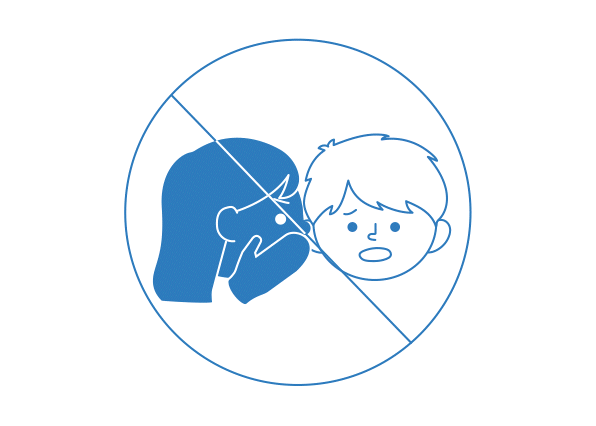
3. Don't fall victim to rumours
Section 10.2.Practical tips
Evacuation
As a precautionary measure, residents and visitors on Tung Ping Chau and vessels in Mirs Bay within 20 km from Daya Bay may be evacuated.
If you are notified to evacuate, please follow the instructions given by the Government. Stay calm and don't panic.
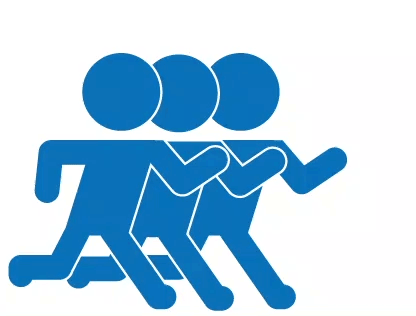
If you are notified to evacuate, please follow the instructions given by the Government. Stay calm and don't panic.

The following actions should be taken if you are required to evacuate:
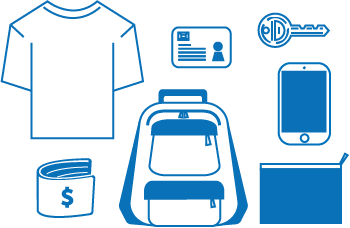 Gather clothing and personal belongings
Gather clothing and personal belongings
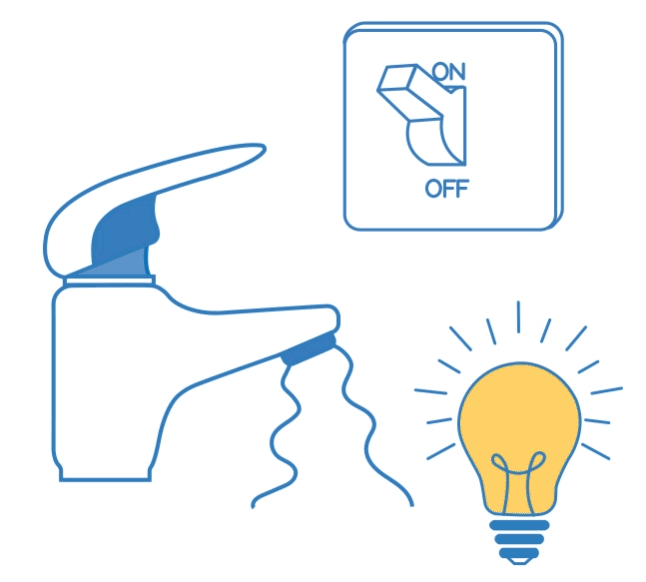 Make sure all water faucets, lights and appliances are turned off
Make sure all water faucets, lights and appliances are turned off
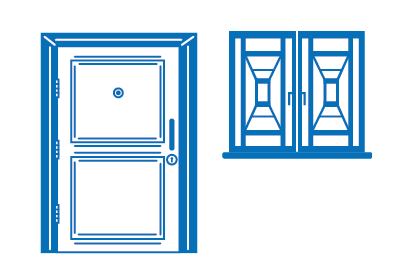 Lock all doors and windows, and leave as soon as possible
Lock all doors and windows, and leave as soon as possible
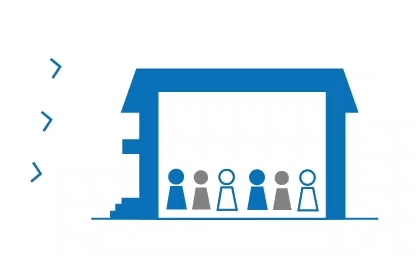 Gather at designated sheltering locations and wait for evacuation
Gather at designated sheltering locations and wait for evacuation
 Gather clothing and personal belongings
Gather clothing and personal belongings
 Make sure all water faucets, lights and appliances are turned off
Make sure all water faucets, lights and appliances are turned off
 Lock all doors and windows, and leave as soon as possible
Lock all doors and windows, and leave as soon as possible
 Gather at designated sheltering locations and wait for evacuation
Gather at designated sheltering locations and wait for evacuation
Section 10.2.Practical tips
Sheltering
Sheltering refers to staying inside a house or building with windows and doors closed and outside air vents shut. It is an effective emergency response during a radiological release incident.
If you are advised to stay indoors during the passage of a plume (which may last for a few hours depending on the weather conditions), you should:
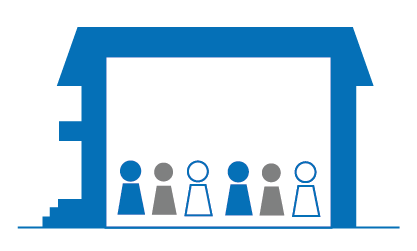
If you are advised to stay indoors during the passage of a plume (which may last for a few hours depending on the weather conditions), you should:

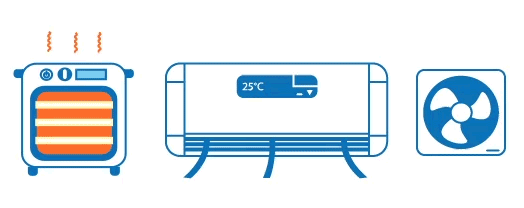 Turn off the air exchange setting of heaters, air-conditioners and any other ventilation systems
Turn off the air exchange setting of heaters, air-conditioners and any other ventilation systems
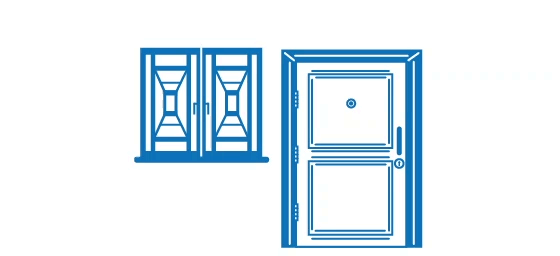 Close all windows and doors
Close all windows and doors
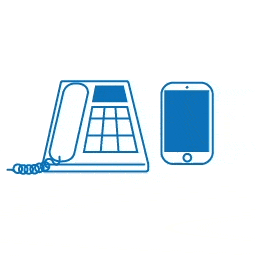 Avoid using telephones (including mobile phones) to prevent overloading of the system and interference with emergency communication
Avoid using telephones (including mobile phones) to prevent overloading of the system and interference with emergency communication
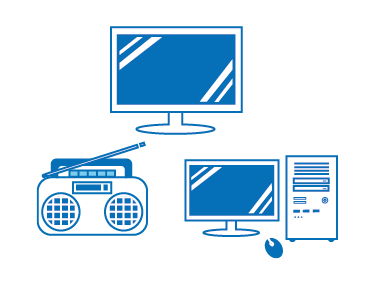 Listen to radio and TV announcements or check the Government's websites or mobile apps for emergency information
Listen to radio and TV announcements or check the Government's websites or mobile apps for emergency information
Section 10.2.Practical tips
Tips for ingestion countermeasures
Certain foodstuffs (such as leaf vegetables and fruits) which are grown outdoors are particularly susceptible to radioactive fallout. The milk produced by cattle in a farm contaminated by radioactive fallout may also contain radionuclides. Members of the public should pay attention to the Government's latest advice on food consumption.
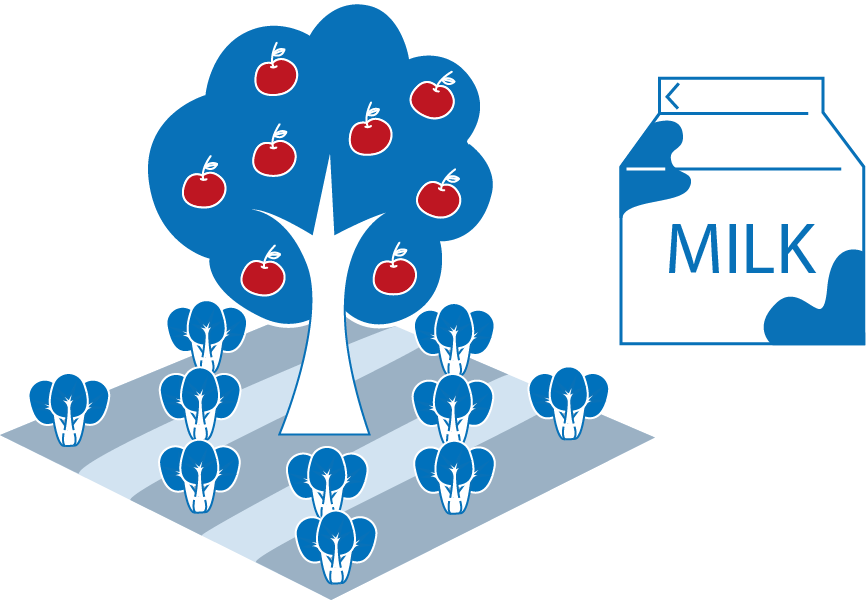

Section 10.2.Practical tips
Use of Thyroid Blocking Agent
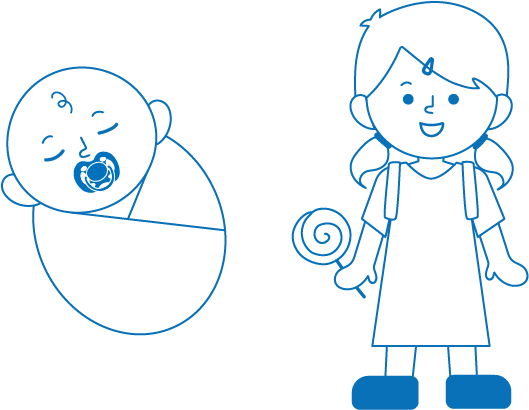
People in the vicinity of a nuclear accident and emergency response personnel may be exposed to radioactive iodine. Infants and children will be most affected.

Thyroid blocking agent (i.e. stable iodine tablet), taken before or within a few hours of the arrival of a radioactive plume, can effectively block the thyroid glands from the uptake of radioactive iodine so as to reduce the risk of thyroid cancer.
In view of possible side effects, members of the public should only use thyroid blocking agents when advised by the Government.
In view of possible side effects, members of the public should only use thyroid blocking agents when advised by the Government.
The end. Thanks for reading!